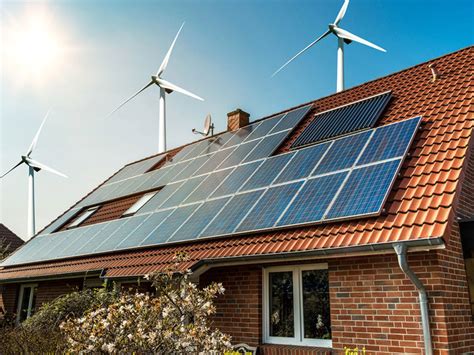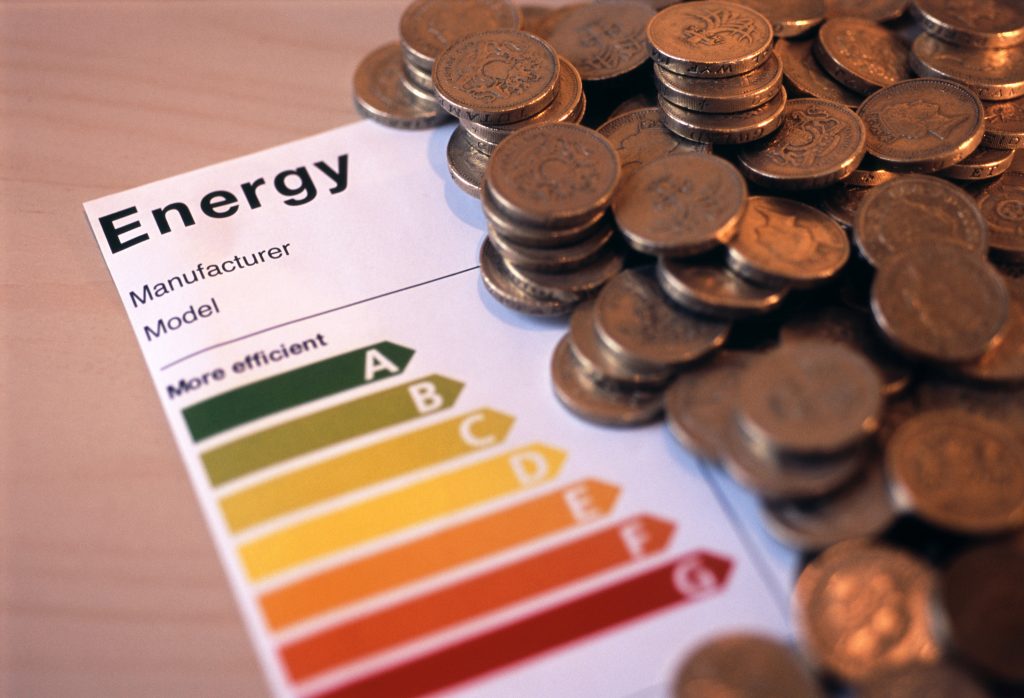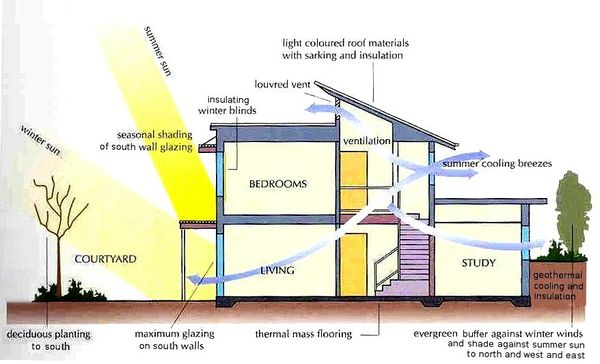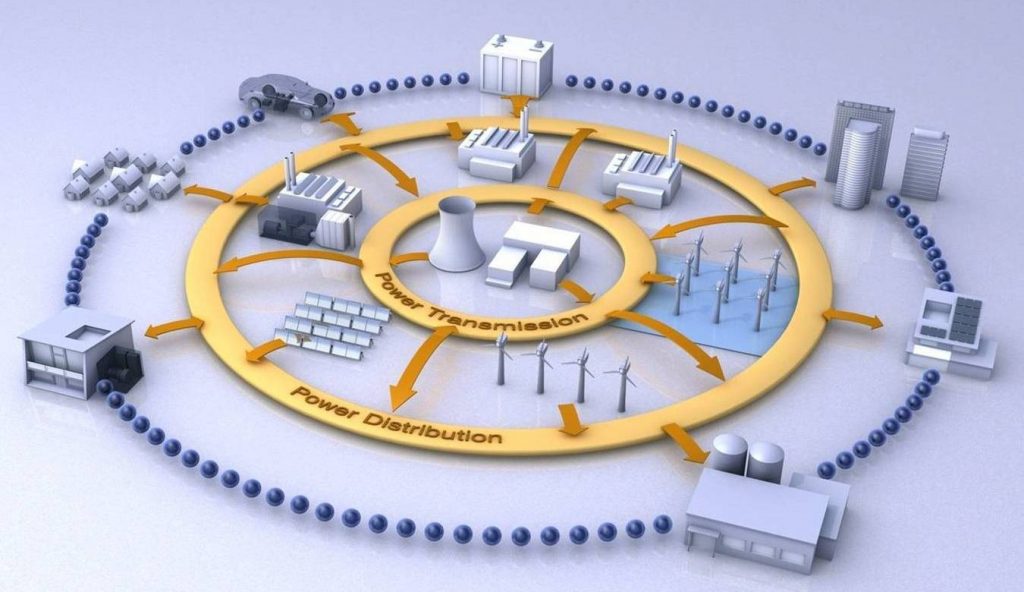ROLES is identifying how European city-regions can accelerate decarbonisation through digitalisation of energy infrastructure. The UK case study focuses on solar neighbourhoods, researching how digitalisation, decentralisation and the rise of prosumers (producer-consumers) can assist the rollout of solar energy.
United Kingdom
In 2008, the Climate Change Act was established in the UK, committing to achieve 80% GHG emission reduction by 2050 compared to 1990. The UK electricity supply will need to be largely decarbonised by around 2030. The UK Government has supported both the development of renewable energy and nuclear power, but more the focus on the latter. There has been wide-ranging interest in the possibility of Small Modular Reactors (SMRs), but also risk and uncertainties.
Evaluation of climate change mitigation policy is critical for how well policies and measures work. Offering insights in the functioning of policies can enhance the transparency of policy implementation, which is essential to gain citizens’ support for those policies. The CARISMA project team carried out a meta-analysis of climate policy evaluations in EU Member States and found that the energy sector is dominant in policy evaluations. Supports future EU legislative proposals and accompanying impact assessments.
In the PATHWAYS project, empirical transition pathways have been compared to ideal-type transition pathways. All analyses use the multi-level perspective (MLP) to explain similarities and differences between the different countries. One of the domains considered is land-based passenger mobility, with empirical transition pathways from the United Kingdom and the Netherlands.
This article assesses the existing Energy Efficiency Obligation Schemes (EEOS) in different EU countries to find good practices and lessons learned that could be implemented in future policy frameworks.
In this article, heat energy transition pathways in the UK, Germany and Sweden have been compared by evaluating empirical to ideal scenarios. Heat energy transition is the core of the energy transition, as heating is currently the most energy-intensive activity in Europe.
In this article, we analyze empirical and ideal scenarios for electricity system transitions in Germany and the UK through Multi-Level Perspective (MLP).
The European Union has set itself the goal of reducing EU primary energy consumption by 20% by 2020, compared to current projections. The Energy Efficiency Directive (EED) (2012/27/EU) was adopted on 25 October 2012 and entered into force on 5 December 2012. The Article 7 EED knowledge sharing platform brings together information on EEO schemes and alternative policy measures from across the EU (and beyond) in one central place.








